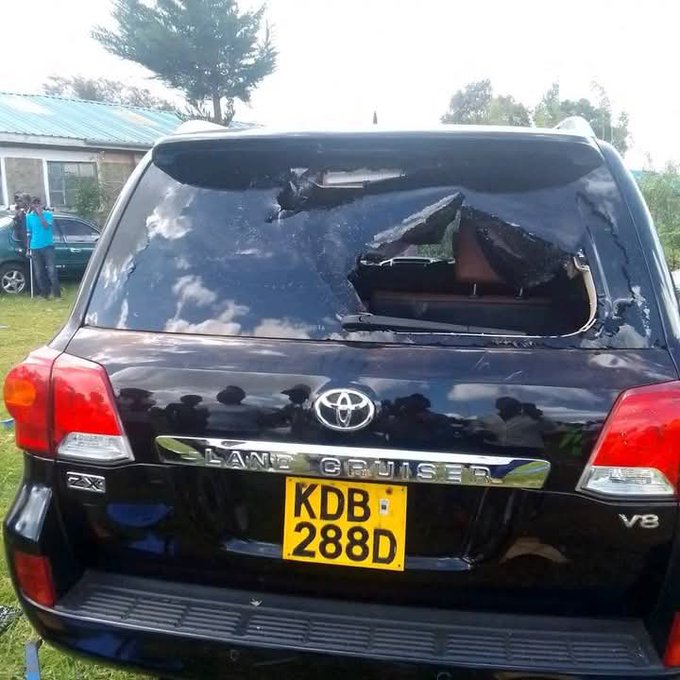Recent incidents where goons have attacked meetings attended by former Deputy President Rigathi Gachagua have stirred debate about state-sponsored violence.
While questions abound as to whether the attacks were executed by government-backed goons or not, here is an explainer on what constitutes state-sponsored violence:
What exactly is state-sponsored violence, does it exist in Kenya, and how have other nations been impacted by it?
What is State-sponsored violence?

State-sponsored violence refers to the use of force, often excessive and unlawful, by government actors such as the police, military, or other state agencies.
Unlike isolated incidents of police misconduct, this form of violence is systematic or tolerated at high levels of authority, blurring the line between law enforcement and human rights violations.
Does it exist in Kenya?
Evidence suggests that Kenya has not been immune.
Human rights organizations, including Amnesty International and the Kenya Human Rights Commission, have repeatedly raised concerns about police brutality, especially during election cycles and public demonstrations.
There have also been reports of police sitting back and watching goons destroy private property or attack political opponents.
While in some incidents, the police have been present while tolerating violence targeting opponents, in other cases, police fail to deploy security officers or withdraw.
The relevant Article provides that every person has the right to freedom and security of their person, which includes the right not to be subject to any form of violence from either public or private sources, any form of torture, whether physical or psychological or cruel, inhuman or degrading treatment
However, critics argue that enforcement mechanisms are weak, with few officers ever prosecuted for excessive use of force. There is also concern over political interference and the slow pace of reforms within law enforcement agencies.
United States: While not considered systemic at the federal level, high-profile cases of police brutality—such as the killing of George Floyd—have spotlighted racial injustice and triggered global movements.
Why it matters
Unchecked state-sponsored violence erodes public trust, undermines democratic institutions, and violates basic human rights.
Legal reforms, greater transparency, and civilian oversight are key.
Empowering institutions like IPOA, supporting whistleblowers, and investing in police training rooted in human rights principles can begin to curb the cycle of impunity.
As Kenya and other nations continue their democratic journeys, confronting the reality of state-sponsored violence remains essential—not just for today’s justice but for the generations to come.




![[PHOTOS] How Nairobians marked Palm Sunday](/_next/image?url=https%3A%2F%2Fcdn.radioafrica.digital%2Fimage%2F2025%2F04%2Fda5448ea-e6d2-42f6-8ea8-792635ed8ad8.jpeg&w=3840&q=100)



